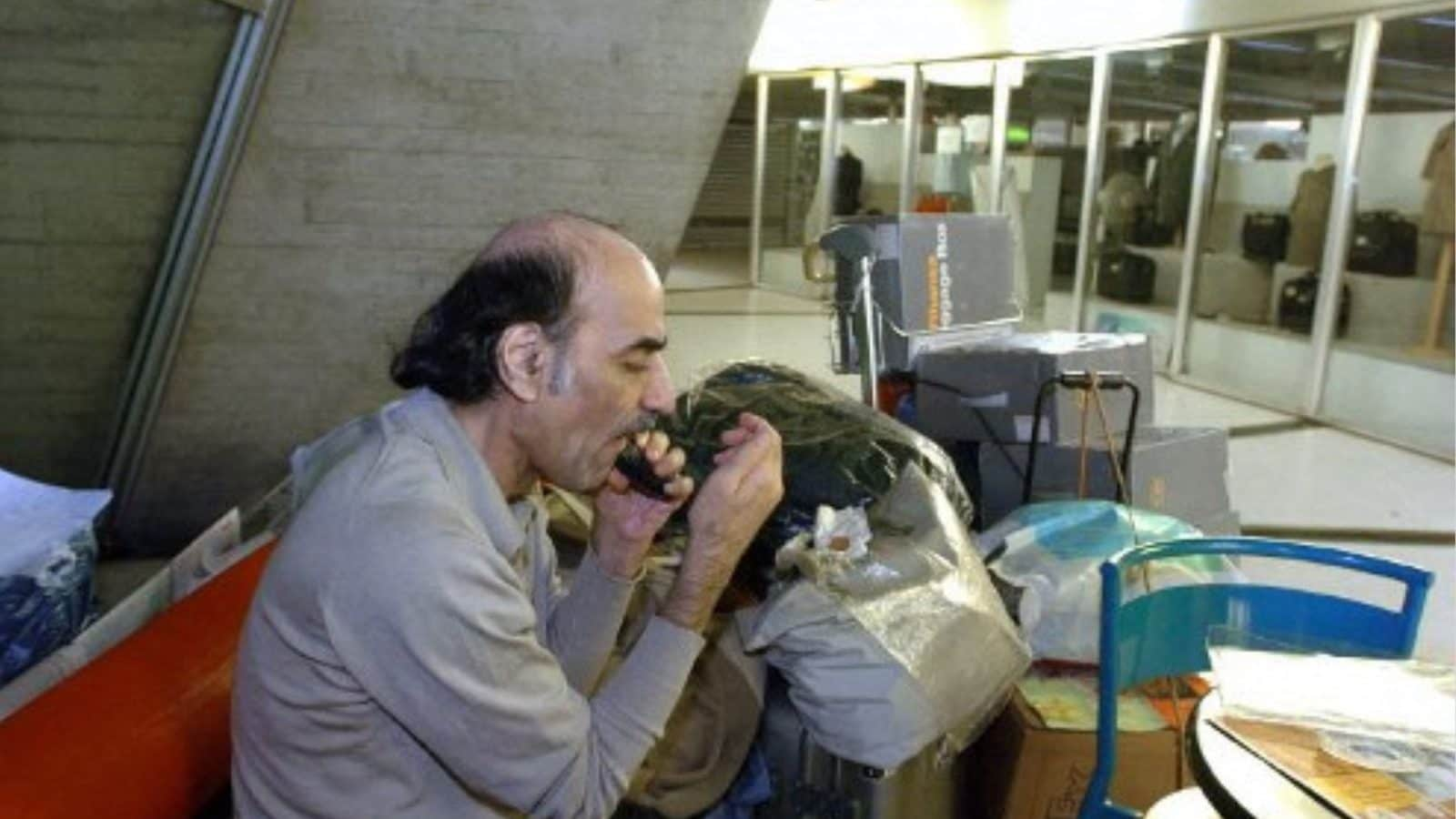Iranian Refugee Who Lived in Paris Airport for 18 Years Dies
An Iranian man who lived for 18 years at a Paris Airport and whose saga inspired the Steven Spielberg film “The Terminal” died on Saturday in the airport that he long called home.
Mehran Karimi Nasseri died after a heart attack in Terminal 2F of Charles de Gaulle Airport in the French capital around midday, according an official with the Paris airport authority. Police and a medical team treated him but were not able to save him.
Nasseri lived in the airport’s Terminal 1 from 1988 until 2006, first in legal limbo because he lacked residency papers and later by apparent choice. He was eventually given the right to live in France, but he ended up returning to the airport a few weeks ago, an airport official told AFP.
Year in and year out, he slept on a red plastic bench, making friends with airport workers, showering in staff facilities, writing in his diary, reading magazines and surveying passing travelers.
Staff nicknamed him Lord Alfred, and he became a mini-celebrity among passengers.
“Eventually, I will leave the airport,” he told The Associated Press in 1999, smoking a pipe on his bench, looking frail with long thin hair, sunken eyes and hollow cheeks. “But I am still waiting for a passport or transit visa.”
In Search Of Mother
Nasseri was born in 1945 in Soleiman, a part of Iran then under British jurisdiction, to an Iranian father and a British mother. He left Iran to study in England in 1974. When he returned, he said, he was imprisoned for protesting against the shah and expelled without a passport.
He flew to Europe in search of his mother. He then went to live in Belgium after getting expelled from countries including the UK, the Netherlands and Germany for not having the correct immigration documents. He then went to France, where he made the airport’s 2F Terminal his home.
He applied for political asylum in several countries in Europe. The UNHCR in Belgium gave him refugee credentials, but he said his briefcase containing the refugee certificate was stolen in a Paris train station.
French police later arrested him, but couldn’t deport him anywhere because he had no official documents. He ended up at Charles de Gaulle in August 1988 and stayed.
Further bureaucratic bungling and increasingly strict European immigration laws kept him in a legal no-man’s land for years.
Fossilised at the Airport
When Mehran Karimi Nasseri received refugee papers, he described his surprise, and his insecurity, about leaving the airport. He reportedly refused to sign them, and ended up staying there several more years until he was hospitalized in 2006, and later lived in a Paris shelter.
Those who befriended him in the airport said the years of living in the windowless space took a toll on his mental state. The airport doctor in the 1990s worried about his physical and mental health, and described him as “fossilized here.” A ticket agent friend compared him to a prisoner incapable of “living on the outside.”
In the weeks before his death, Nasseri had been again living at Charles de Gaulle, the airport official said.
Nasseri’s mind-boggling tale loosely inspired 2004’s “The Terminal” starring Tom Hanks, as well as a French film, “Lost in Transit,” and an opera called “Flight.”
In “The Terminal,” Hanks plays Viktor Navorski, a man who arrives at JFK airport in New York from the fictional Eastern European country of Krakozhia and discovers that an overnight political revolution has invalidated all his traveling papers. Viktor is dumped into the airport’s international lounge and told he must stay there until his status is sorted out, which drags on as unrest in Krakozhia continues.
(With inputs from AP)
Read all the Latest News here
For all the latest world News Click Here

